Capitalism & Democracy
About
BESI’s Capitalism and Democracy cluster deploys the insights of political economy to reassert and investigate the close relationship between the effective governance of markets and both prosperity and democratic stability. Rising concentrations of economic power have posed ever more acute threats to democratic politics. In recent years, heightened inequality and capital mobility have increased the outsized economic and political resources available to business. They have sharpened the divides between economic elites and ordinary citizens. And they have generated discontent and dislocations that have fueled both the growth of racialized antagonisms and anti-democratic movements. In the United States, the growth of oligarchic political power has also facilitated the construction of an aggressive citadel of neoliberalism, insulated from democratic control, in the nation’s powerful courts.
We need deeper soundings of how a rapidly changing and highly unequal economy may contribute to political gridlock, rising discontent and institutional instability.
The Capitalism and Democracy cluster brings together faculty from law, political science, public policy, and history to ask to what extent the particular insights of political economy help us understand and address this democratic watershed. While we focus on the contemporary United States, where the world’s foremost economy coexists uneasily with besieged and crisis-ridden representative institutions, comparative investigations also are of great importance. We seek a better understanding of the preferences and behavior of powerful economic interests—extraordinarily wealthy individuals, large corporations, and business associations—as they play an outsized role in politics during a period of growing political uncertainty. We need deeper soundings of how a rapidly changing and highly unequal economy may contribute to political gridlock, rising discontent and institutional instability. “Political risk” is no longer simply a concern of investors in emerging markets. The task now is to identify the preconditions for building a sustainable equilibrium between the imperatives of capital and those of citizenship.
The Latest in Capitalism & Democracy
-
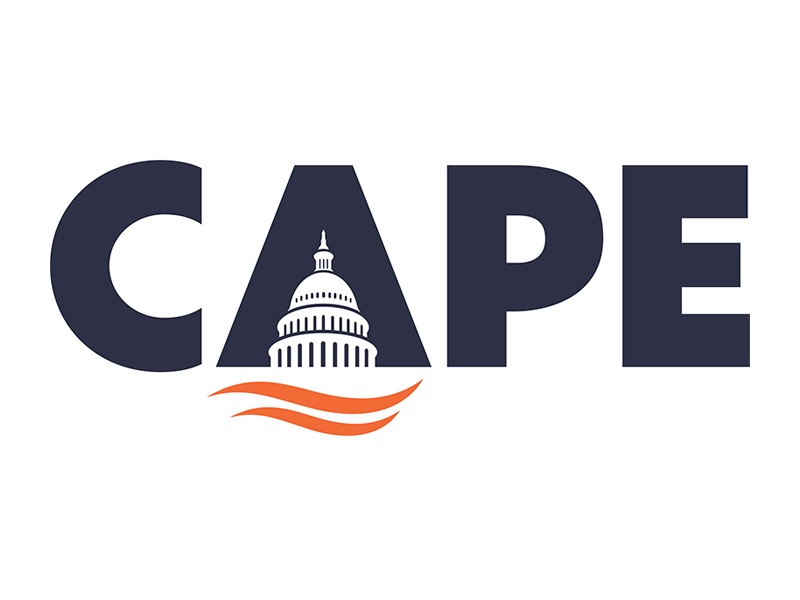
Setting the agenda for American political economy
Graduate, junior faculty, and their mentors gathered in May at UC Berkeley for the annual Consortium…
-
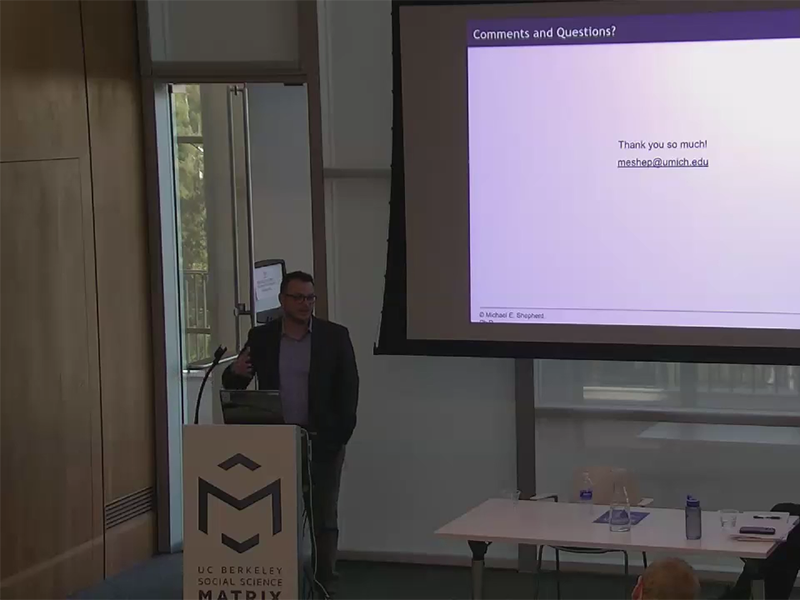
Michael Shepherd: How Partisan Politics Are Killing Rural America
Political scientist Michael Shepherd shows how partisan politics at elite and mass levels explain the growing…
-
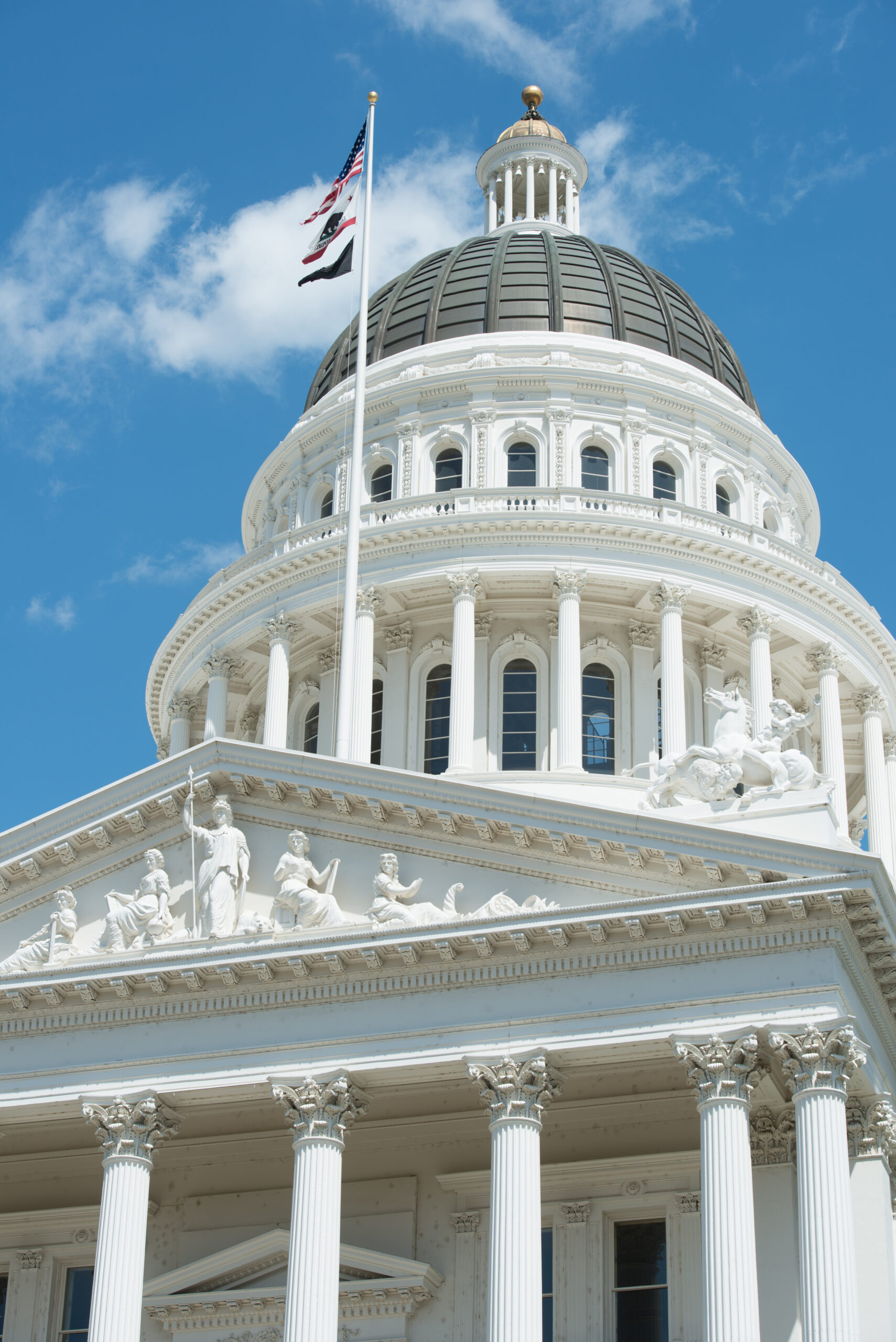
Fixing California’s Housing Shortage Requires New Policy and New Politics
BESI hosted a candid discussion on addressing California’s housing crisis with academics, practitioners, and nationally acclaimed…
-
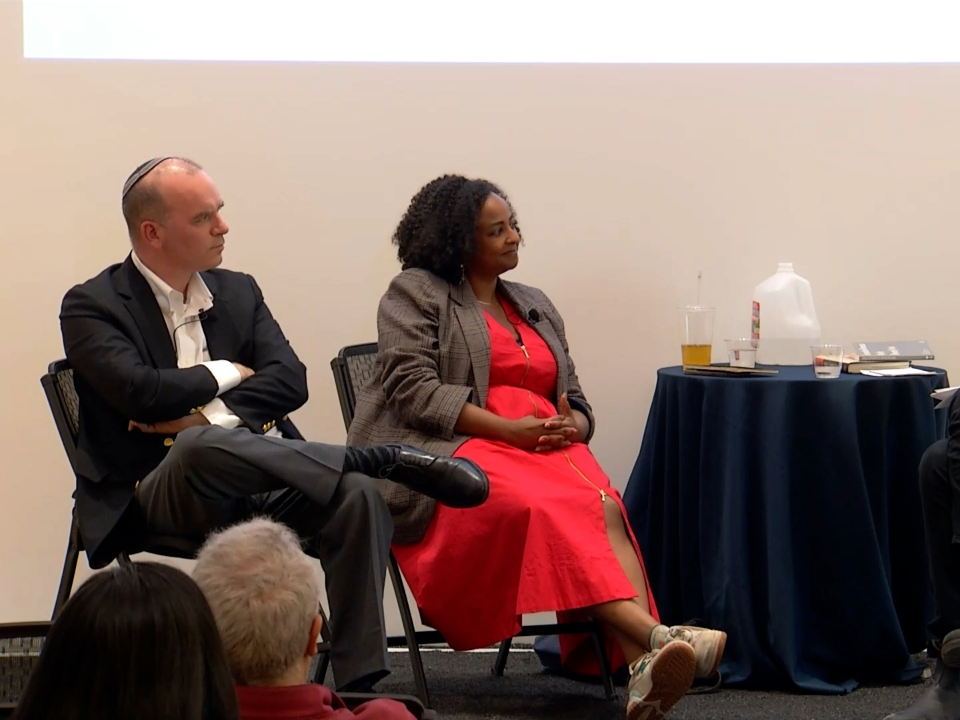
Yoni Appelbaum and Jerusalem Demsas on Housing, Mobility, and the Thwarting of Economic Opportunity
On March 11, BESI welcomed Yoni Appelbaum and Jerusalem Demsas for a highly anticipated conversation on…
-
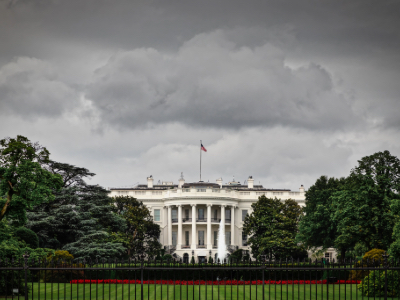
Panel: ‘Democratic Backsliding in the United States’
Legal and political scholars contextualize the rapidly infolding constitutional crisis.
-
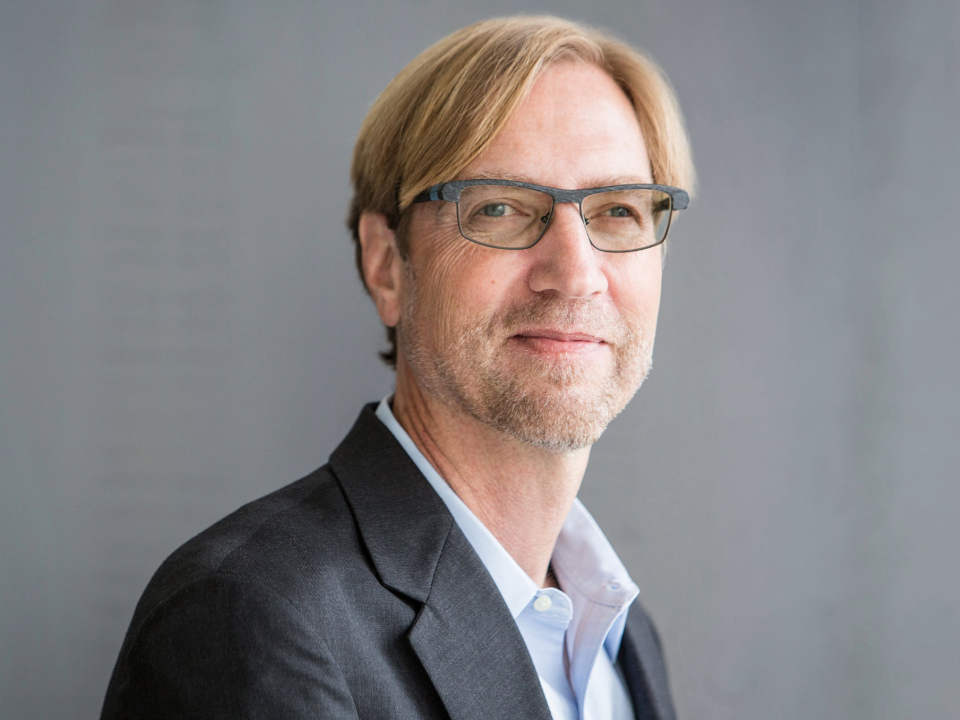
BESI Director Paul Pierson Joins KQED’s ‘Forum’ for Discussion on Billionaires in the White House
Are we now a ‘broligarchy’? A record 13 billionaires could end up serving in Trump’s administration.

